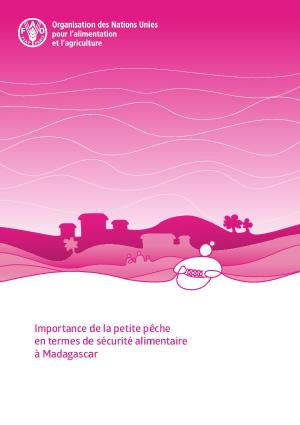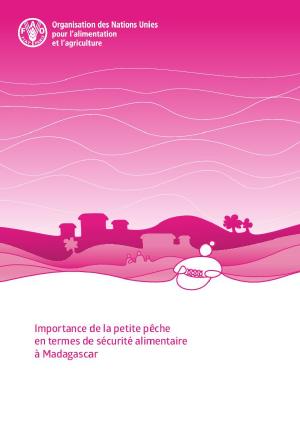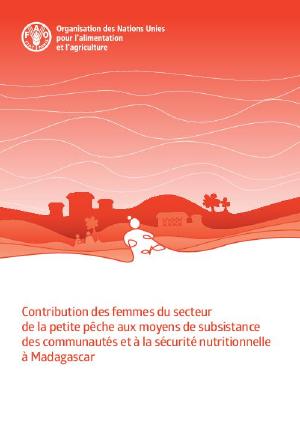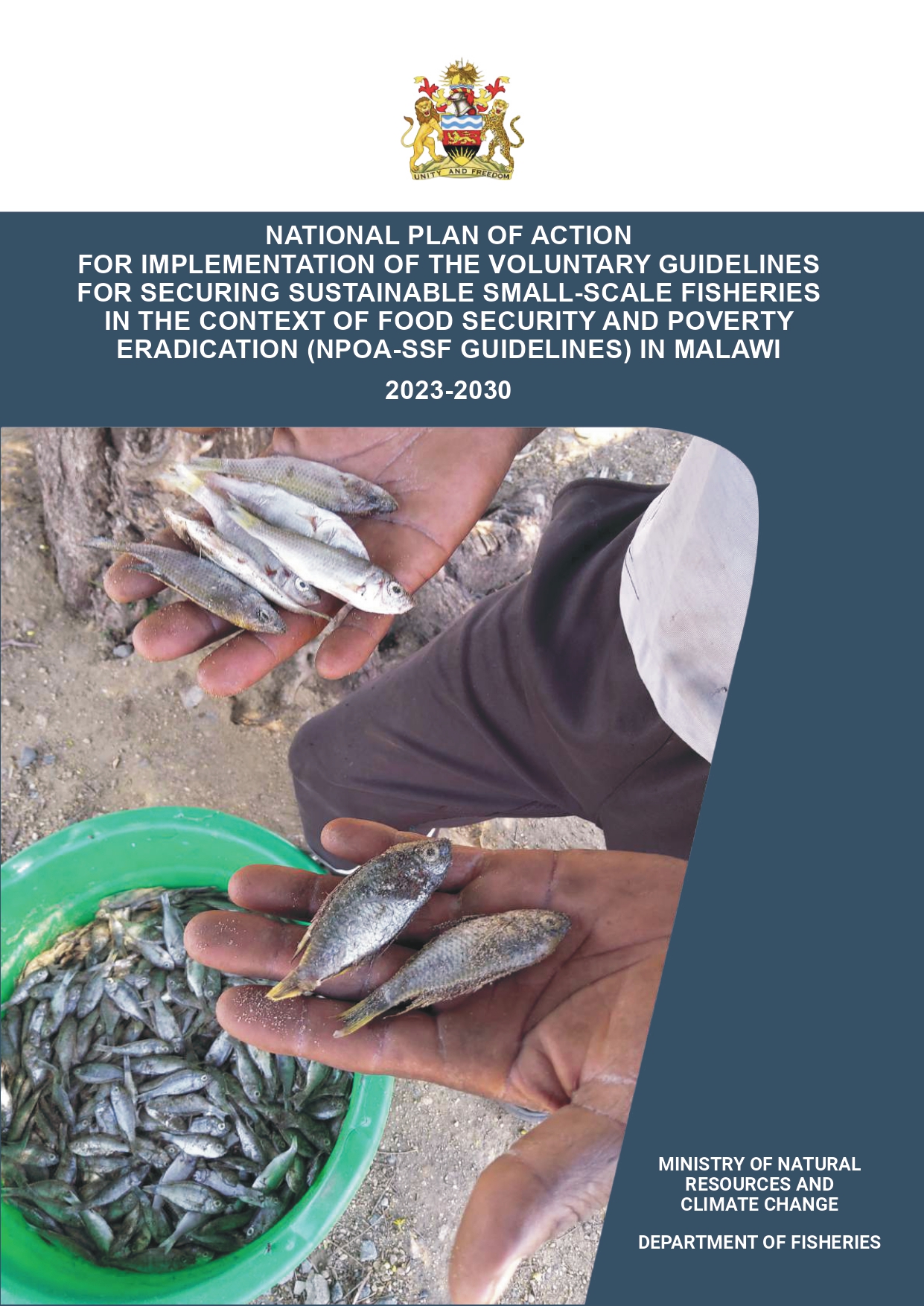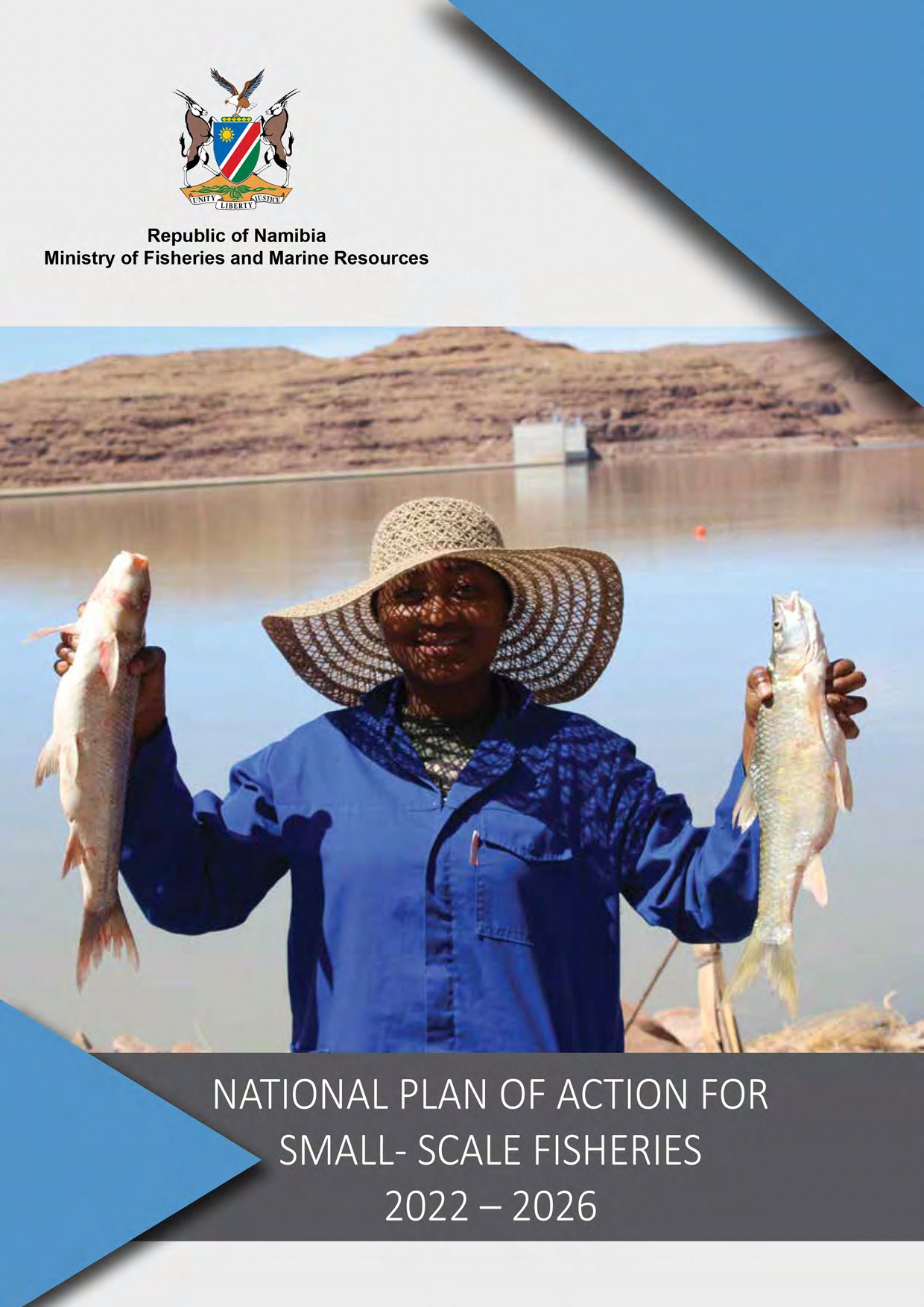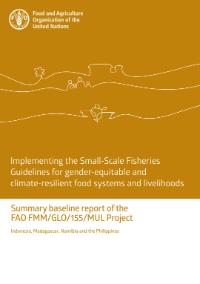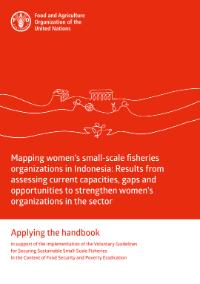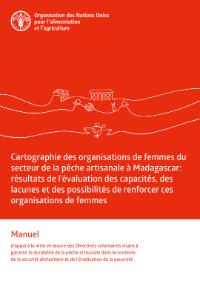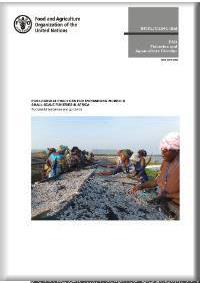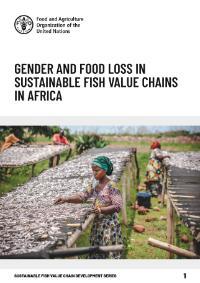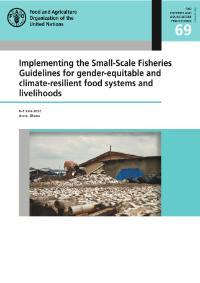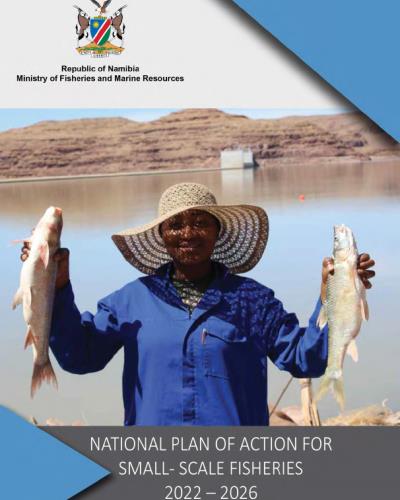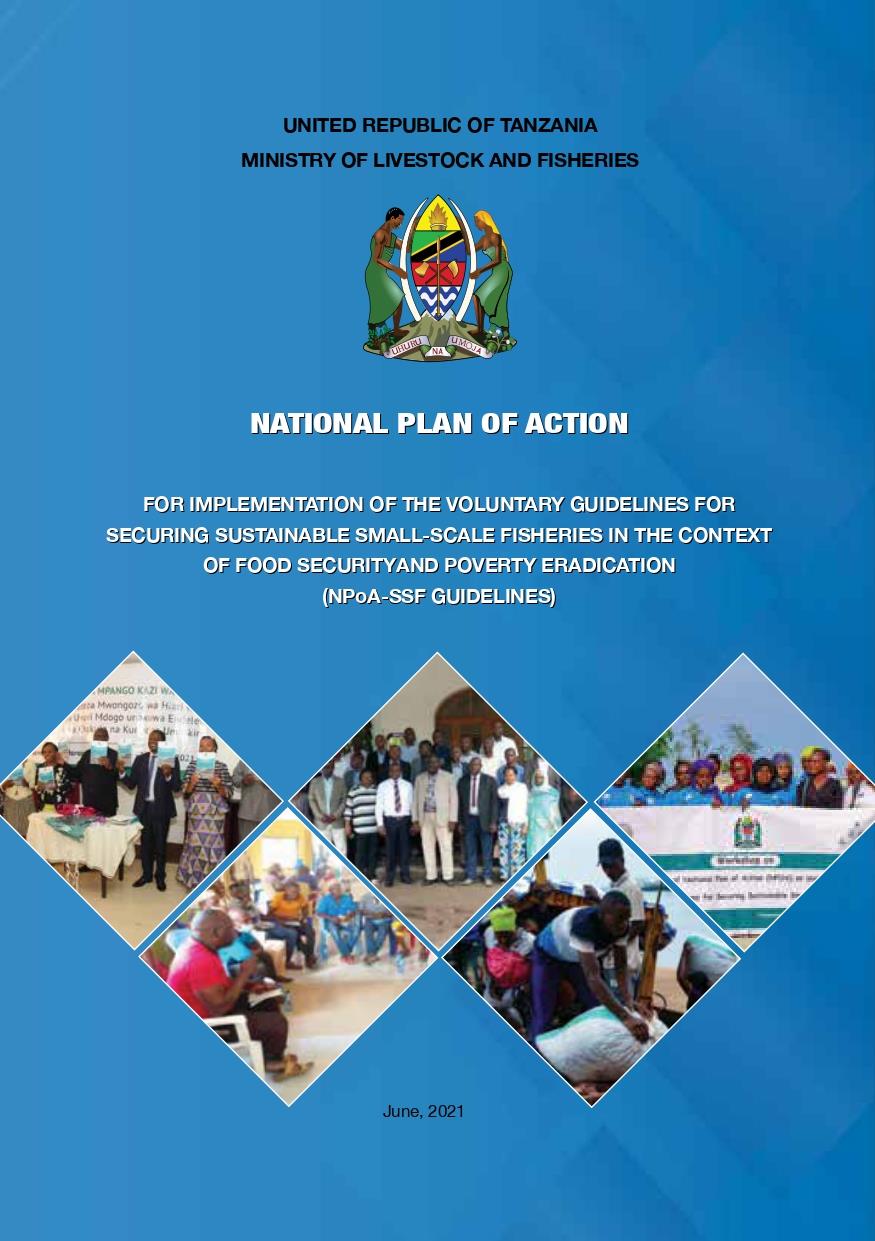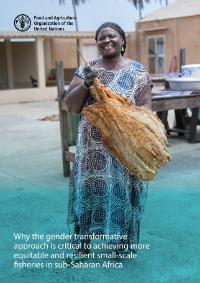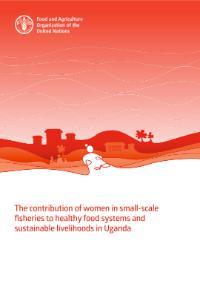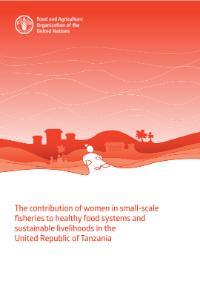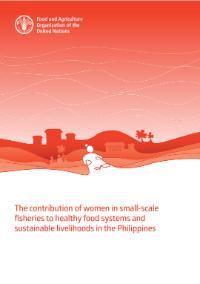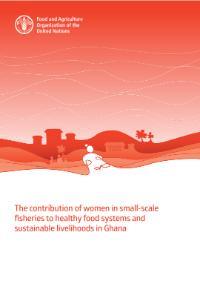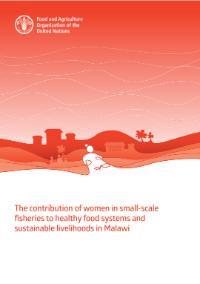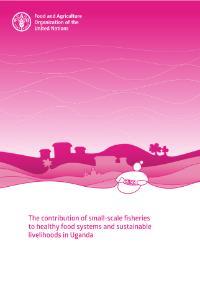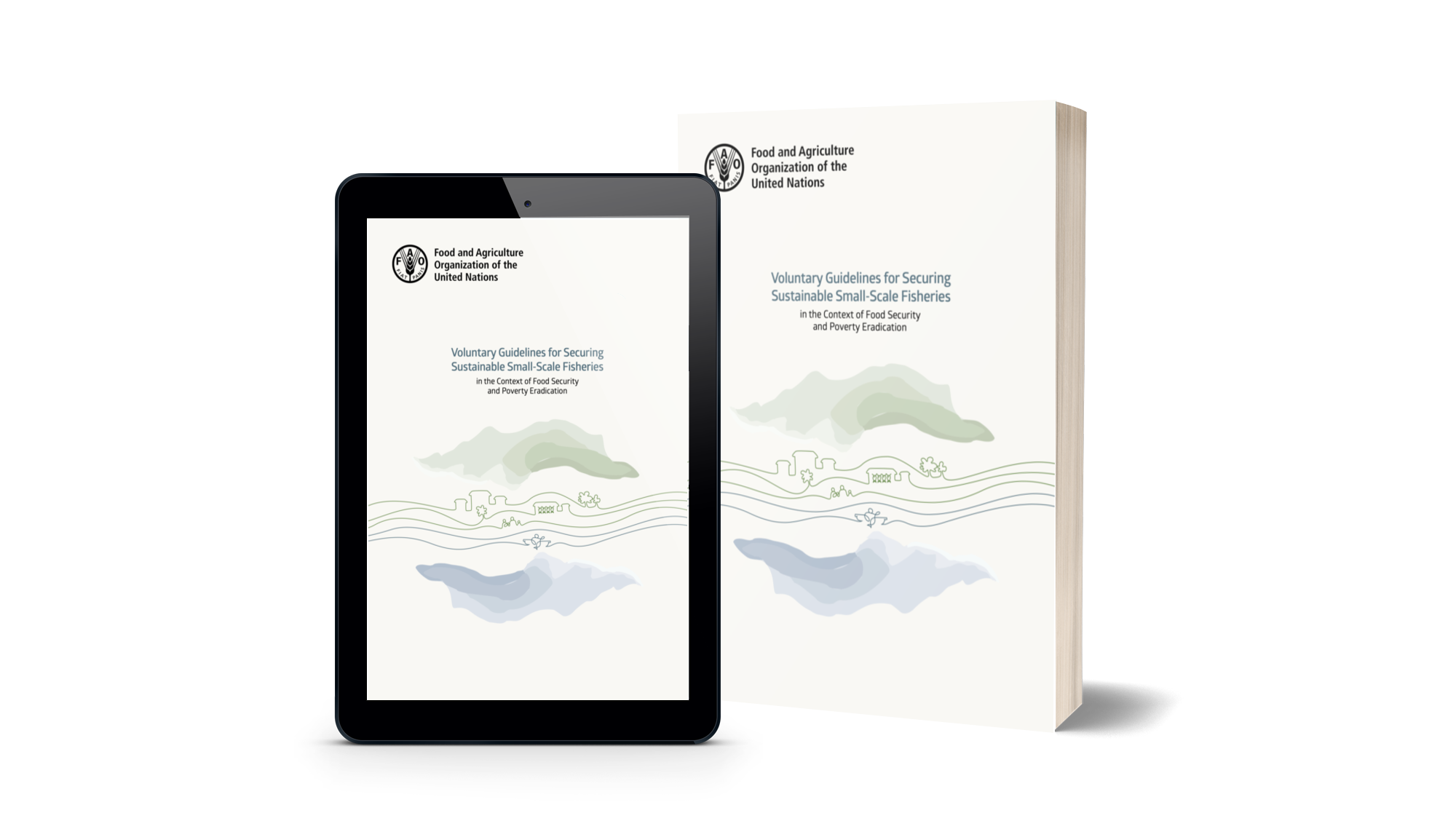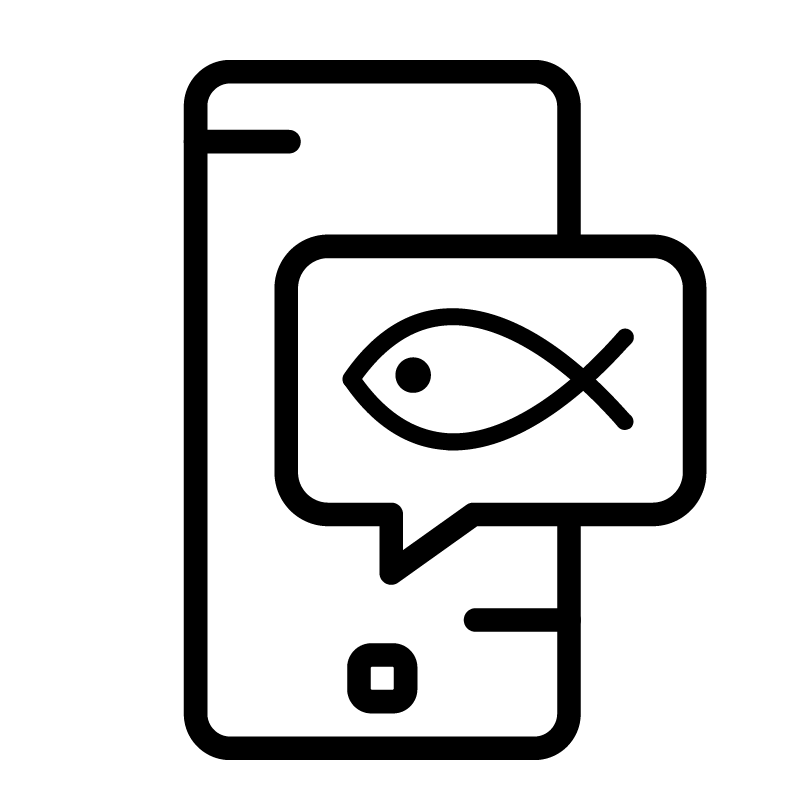The project was designed as a continuation of the “Empowering women in small-scale fisheries for sustainable food systems” - NORAD project - aiming to contribute not only to gender equality and equity and enhancement of the post-harvest sector, but also to include and develop more sustainable and climate resilient livelihoods and food systems.
§7.5 SSF Guidelines
This project uses an innovative approach to transformative change combining the communication of evidence-based information on the contribution of fish and small-scale fisheries – particularly contributions from women in the SSF post-harvest sector– to livelihoods and food security and nutrition with capacity building and promotion of best practices. It addresses critical gaps with regard to working conditions, fish loss and waste, poor and lacking infrastructures, deficient social protection systems, insecure access to fish/fishery resources, the need for improved nutrition in SSF communities (in particular for school children), and work to strengthen SSF and women representation in decision-making processes.
Intended impact of the project
In accordance to chapter 9 of the SSF Guidelines, which recognizes the need for an integrated and holistic approach, in order to address risks and climate change, the intended impact of the project is to reduce poverty and improve food security and nutrition through more gender-equitable and climate resilient small-scale fisheries livelihoods and food systems. Its outcome statement is that Countries adopt policies and support practices in small-scale fisheries value chains and livelihoods that are more sustainable, inclusive and resilient to climate change and contribute to food security and nutrition.
Related publications
Related news
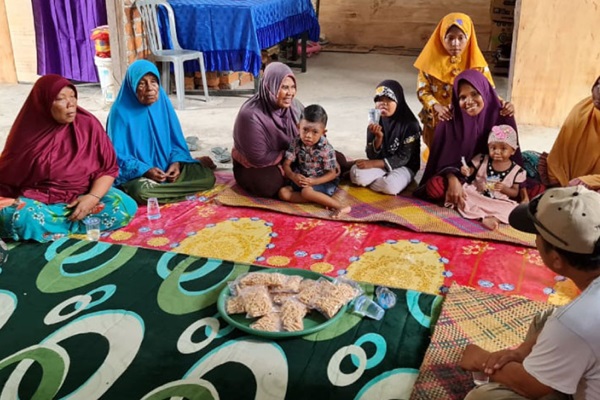
Women in Indonesia’s Raja Ampat transform their livelihoods by making fish crackers
21/11/2025
Fish crackers are a popular and nutritious snack in Indonesia, where they are often enjoyed alongside other seafood dishes. In the Raja Ampat Regency, a group of islands in the east of the archipelago country, crackers have become a key source of income for women in coastal communities who previously did not have the opportunity to earn their own money.
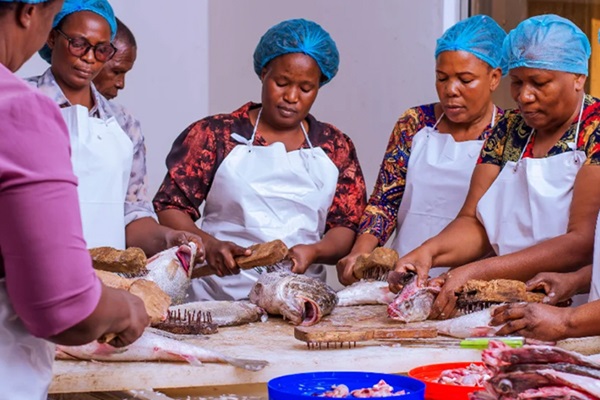
Reeling in a better future for Tanzania’s women fish workers
16/10/2025
When Hadija Malibiche first started buying and selling fish in the coastal region of Mtwara, she worked alone and struggled to make a steady income. Like many women in small-scale fisheries, she had no access to credit, little bargaining power in the market, and few opportunities to grow her business. That changed after she joined a group of fishers that belongs to the Tanzania Women Fish-workers Association (TAWFA).

